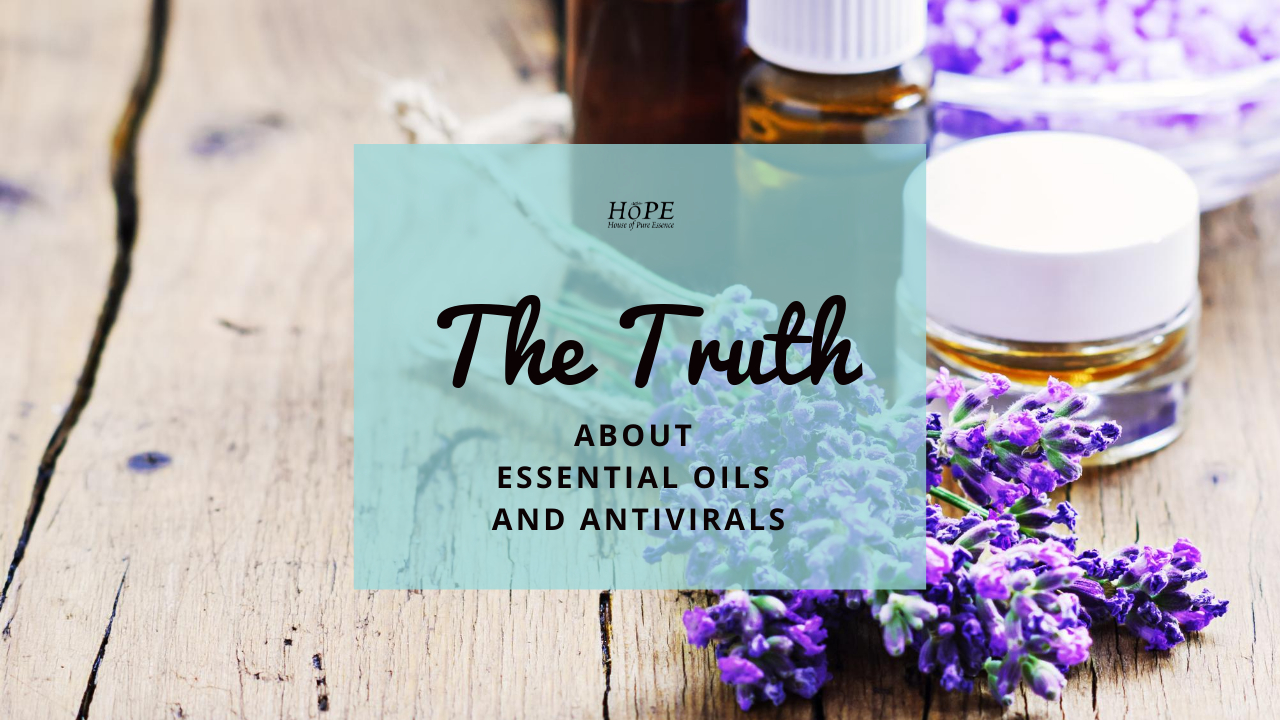BLOG
The Truth About Essential Oils and Antivirals
Did you know that one of the ways to fight off viruses is by using essential oils?
Antiviral essential oils are becoming increasingly popular for their reported ability to suppress the virus. While there is currently no cure for the virus, many people are looking into ways to reduce or prevent its spread. Recent studies have shown that using antiviral essential oils can help block the transmission of the virus and may even help restore balance in the body’s immune system.
What are essential oils?
Essential oils are natural, aromatic compounds found in the seeds, bark, stems, flowers, and other parts of plants. They can be used for various purposes, from skincare to aromatherapy. Essential oils are usually extracted by distillation, but they can also be cold-pressed from the rinds of fruits. Essential oils are highly concentrated and should be used with caution.
How do essential oils work?
Essential oils are made up of plant-based components that have therapeutic properties. These components interact with receptors in the human body and can help to improve health and well-being. Essential oils can be used topically (on the skin) or inhaled (through air diffusion). Some of the benefits of using essential oils include improved mood, stress relief, reduced inflammation, and improved breathing.
What are some of the anti-viral essential oils?
Below are some of essential oils with known anti-viral properties:
Tea Tree Essential Oil
Tea tree essential oil is a potent essential oil with antibacterial, antifungal, and antiviral properties. It can be used to treat several infections, including viral infections. Tea tree oil is especially effective against the herpes virus.
Lavender Essential Oil
Lavender essential oil is another powerful essential oil with antiviral and antibacterial properties. It can be used to treat several infections, including viral infections.
Eucalyptus Essential Oil
Eucalyptus essential oil has been shown to have antiviral activity in vitro. One study found that eucalyptus oil effectively against herpes simplex virus type 1 (HSV-1) and type 2 (HSV-2) strains. Eucalyptus oil may work by disrupting the virus’ ability to form a protective layer around itself, called a capsid. Additionally, eucalyptus oil has increased interferon production, a molecule that helps the body fight infection.
Rosemary Essential Oil
Rosemary essential oil – according to a study, rosemary oil is a natural antiviral that is effective in vitro against several different viruses, including herpes simplex virus type 1 (HSV-1), human rhinovirus (HRV), and respiratory syncytial virus (RSV).
It is thought that the antiviral activity of rosemary essential oil is due to its ability to inhibit the activity of enzymes called cytochrome P450s, which are involved in the replication of viruses. In addition, rosemary oil has been shown to boost the immune system, making it a potentially helpful treatment for people with compromised immune systems, such as HIV/AIDS or cancer.
Bergamot Essential Oil
Bergamot essential oil is a potent antiviral agent that can help to prevent and treat infections caused by viruses. It is effective against many viruses, including the flu virus, herpes virus, and HIV. Bergamot oil is also effective against bacteria and fungus, making it a versatile tool for preventing and treating infection
Peppermint Essential Oil
Peppermint essential oil is effective against various viruses, including the common cold and flu. Peppermint oil has also been effective against more severe viruses, such as herpes.
How to Use Essential Oils for Antiviral?
One way to use essential oils for antiviral purposes is to add a few drops of oil to a diffuser and diffuse it into the air. The essential oil molecules will be inhaled pass through the lungs and go to the bloodstream.
Are there any dangers associated with using essential oils as antivirals?
Want to listen instead of reading? Click below:

Follow Us
Leading e-commerce, funnels, and affiliate software. Alternative to Shopify + Clickfunnels, fraction of the price.









